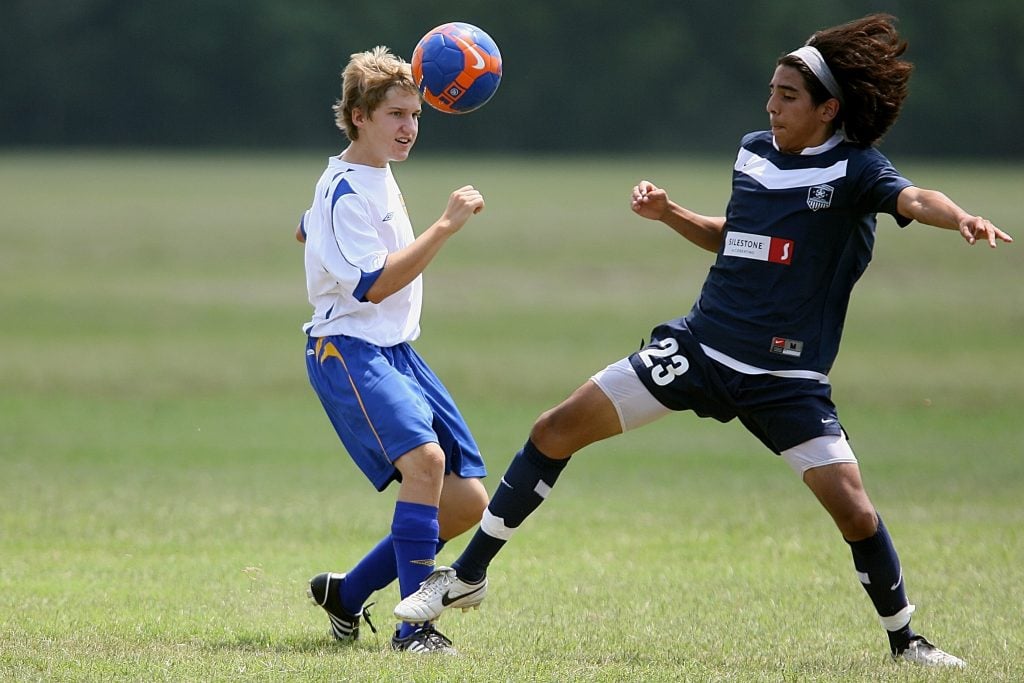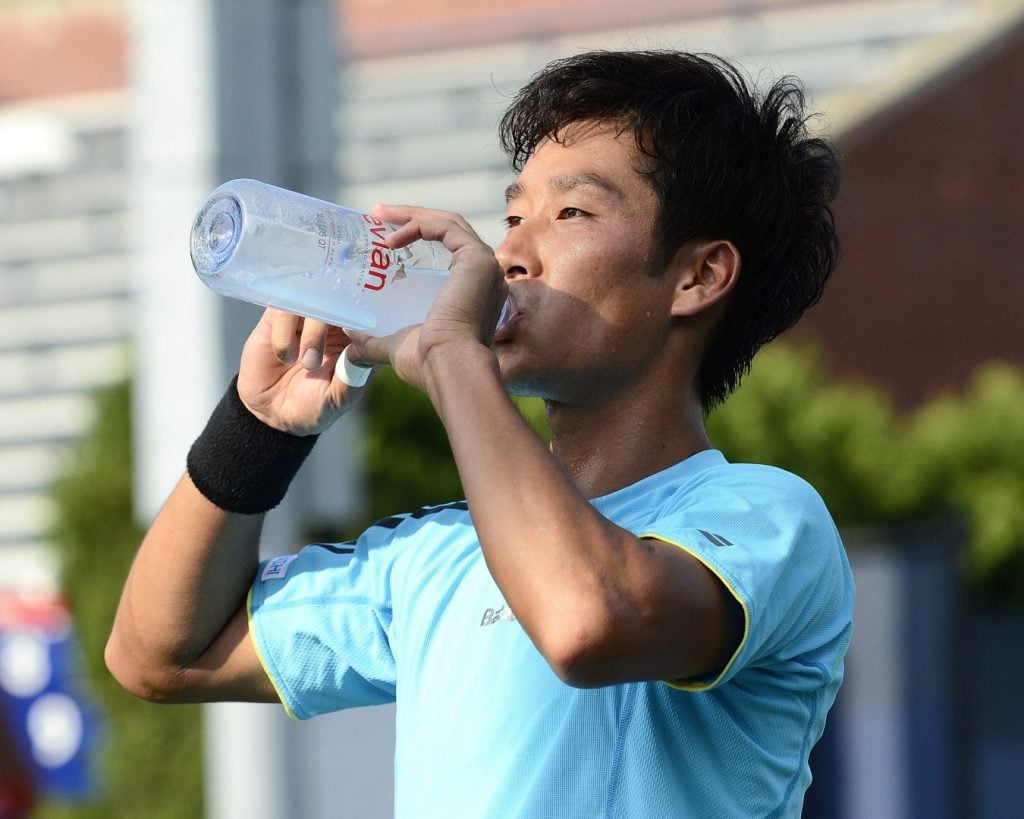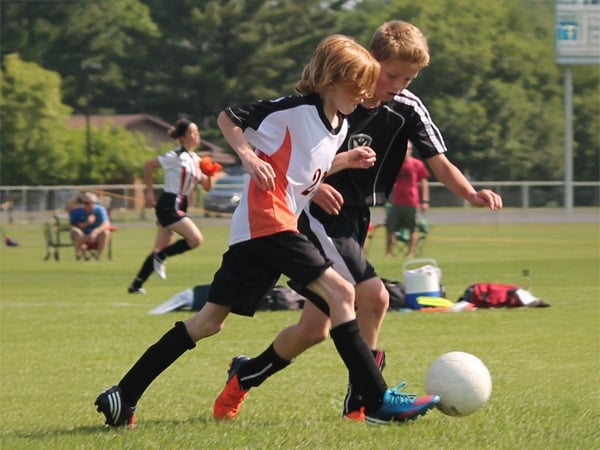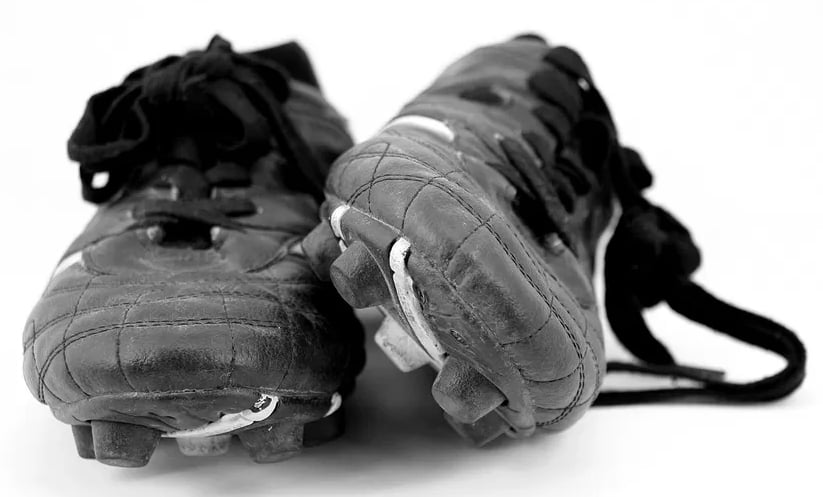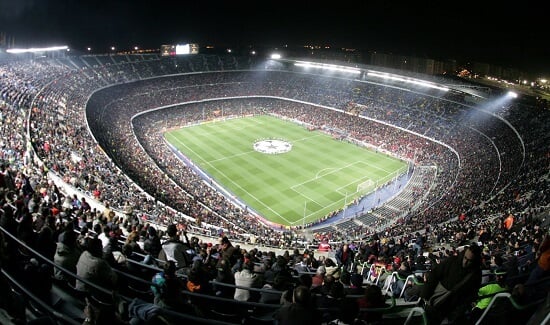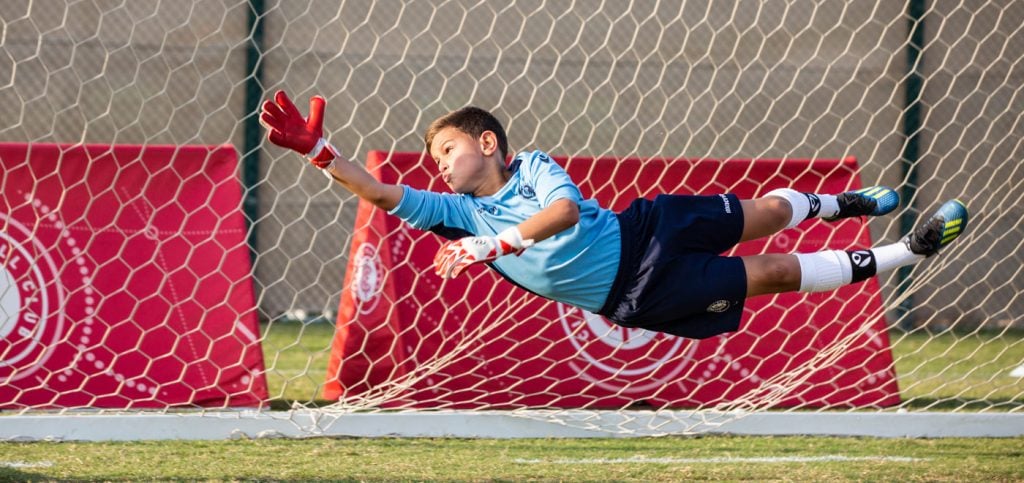Table of Contents
But what almost no one tells you is that these drinks can affect your physical and mental health, especially if you consume them often. They are not made for young people, but advertising and social pressure have made them seem harmless. As a parent, it’s key to know what’s really in them and what long-term effects they can have.
So why are these drinks so popular, and what are the risks? Let’s take a look.
Energy drinks in teenagers: reasons why they drink them
More and more young people are including energy drinks in their daily lives without really being aware of their effects on the body. Often, parents do not see the danger either, as they consider them to be “simple caffeinated soft drinks”.
However, there are several reasons why their consumption has skyrocketed in recent years. Here are some of them:
Marketing is doing its job
Big brands have managed to position energy drinks as a symbol of energy, endurance and success. Their ads are full of young athletes, musicians and gamers, reinforcing the idea that consuming them is “part of an active lifestyle”.
But beyond advertising, teenagers also consume them because of social pressure. If their friends take them, they are likely to see them as normal and even necessary.
A false solution for tiredness
Many teenagers turn to these drinks when they feel exhausted, especially during exam periods or after a day of intense activities. They think it will help them stay alert, but what really happens is an artificial energy boost, followed by a sharp drop that leaves them feeling even more fatigued.
what about sports?
Some young people see them as an alternative to improve their physical performance, but this is a myth.
It is true that caffeine can generate a momentary increase in alertness.
However, excess sugar and stimulants can dehydrate and elevate heart rate, affecting performance rather than enhancing it.
KEY FACT: A study by the University of Bremen in Germany found that social pressure and advertising are the main factors that lead teenagers to consume energy drinks, even without knowing their effects on the body.
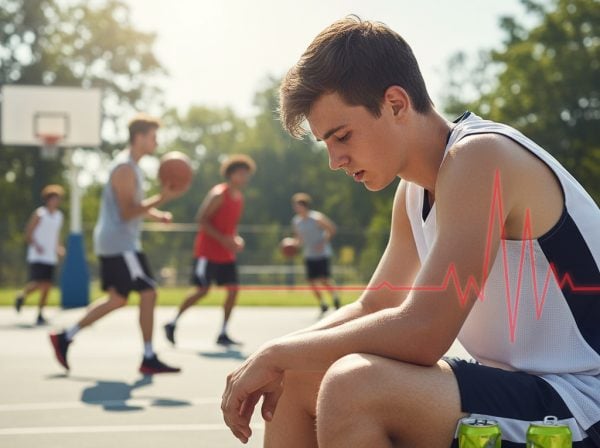
what do these drinks really contain?
If teenagers knew exactly what they were drinking, they might think twice before drinking them so frequently. These drinks contain no real energy, but a cocktail of caffeine, sugar and other stimulants that can alter the body if consumed in excess.
Caffeine in alarming quantities
Energy drinks have more caffeine than a teenager should consume in a single day. To put it in perspective, one 500 ml can can contain the equivalent of three cups of coffee, causing jitters, insomnia and an increase in blood pressure.
According to the World Health Organization (WHO) and the European Food Safety Authority (EFSA), adolescents should consume no more than 100 mg of caffeine per day. However, many energy drinks exceed that limit with just one can.
Sugar: a danger disguised as taste
Most of these drinks have between 25 and 50 grams of sugar per can, which is more than twice the recommended daily maximum for an adolescent.
This excess sugar not only promotes obesity and type 2 diabetes, but can also lead to a sharp drop in energy shortly after consumption, making the young person feel even more tired.
Other little-known ingredients
In addition to caffeine and sugar, these drinks often contain taurine, guarana and other stimulant compounds, whose interaction with the body has not been fully studied. Some experts warn that their frequent consumption could affect the cardiovascular system.
Consequences of the consumption of energy drinks in young people
Energy drinks not only affect the body at the moment of consumption, but their impact extends to the long term, especially when they become a habit.
Adolescents, having a faster metabolism and a developing system, are more sensitive to the negative effects of these drinks.
Impact on physical health
- Heart rhythm disturbances: Excessive caffeine can cause tachycardia, palpitations and elevated blood pressure, putting the cardiovascular health of young people at risk.
- Digestive problems and dehydration: Many energy drinks contain acids and artificial sweeteners that can irritate the stomach and cause digestive discomfort. In addition, being diuretics, they promote dehydration.
- Insomnia and sleep disturbance: Caffeine can remain in the body for hours, making it difficult to rest. Adolescents who consume these beverages before bedtime often experience problems falling asleep and a lower quality of rest, affecting their concentration and performance the next day.
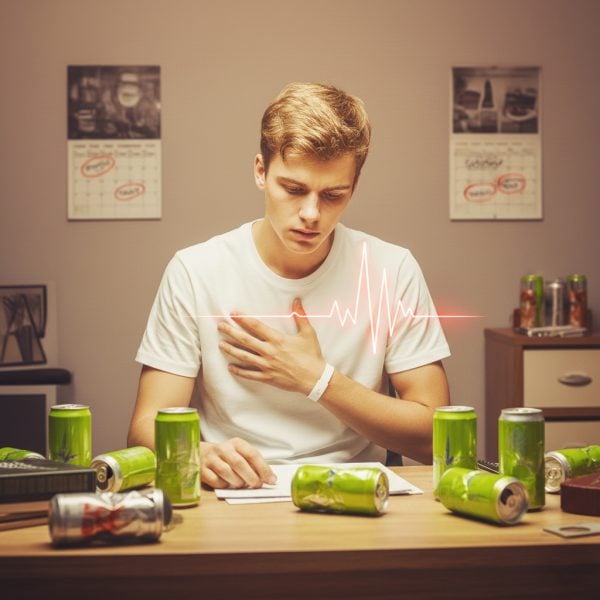
KEY FACT: A study done by the University of Southern California indicates that adolescents who frequently consume energy drinks are more likely to suffer from sleep disturbances and daytime fatigue. This can affect their academic performance and mood.
what diseases can energy drinks cause?
Frequent consumption of these drinks not only creates temporary discomfort, but can also trigger serious long-term health problems:
- Hypertension and cardiovascular problems: energy drinks increase blood pressure and can favor the development of hypertension at an early age, raising the risk of heart disease in adulthood.
- Type 2 diabetes: Their high sugar content causes blood glucose spikes, which can trigger insulin resistance and increase the risk of developing diabetes if combined with an unhealthy diet.
Mental health effects
Energy drinks not only impact the body, but can also affect the emotional and mental health of adolescents:
- Anxiety and nervousness: Their high caffeine content can disrupt the nervous system, causing episodes of anxiety, restlessness and mood swings.
- Depression and low self-esteem: Although they seem to increase energy momentarily, the subsequent decrease can generate a feeling of exhaustion and lack of motivation, affecting mood in the long term.
- Increased risk of impulsivity and risky behaviors: Some studies have found that adolescents who frequently consume energy drinks tend to be more impulsive. This may translate into aggressive behaviors or an increased risk of using other substances.
KEY FACT: A study published in the journal Sanus in 2024 found that adolescents who frequently consume energy drinks have higher levels of anxiety, depression and aggression. An increased suicidal risk was also observed, especially in young males.
Mixing with alcohol: a major danger
One of the most worrisome uses of energy drinks is their combination with alcohol, something that has become common among teenagers at parties and gatherings. Here are the risks involved:
- Deception of alertness: caffeine masks the effects of alcohol, making young people feel less drunk than they really are and increasing the risk of inadvertent binge drinking.
- Increased risk of accidents and risky behaviors: Such a combination can affect motor coordination, judgment and decision making. This increases the likelihood of accidents or dangerous situations.
- Effects on the heart and blood pressure: The mixture of stimulants and nervous system depressants can affect the heart rhythm and raise blood pressure to dangerous levels, which has been linked to cases of serious arrhythmias.
Key Fact: A report published in 2023 by the Spanish Observatory on Drugs and Addictions (OEDA) states that 19.5% of Spanish adolescents have mixed energy drinks with alcohol. This habit is more common in boys (20.8%) than in girls (18.2%).
are they really energy drinks or just an advertising hoax?
Energy drinks are sold as a quick fix to boost energy and performance, but the reality is very different. Despite their name, they do not provide real energy, but a temporary effect due to caffeine and sugar.
how do labels deceive?
Manufacturers use marketing strategies to make consumers believe that these drinks are a good choice to improve physical or mental performance. Some of the most common tricks include:
- Unregulated terms: words like “ultra-energy,” “performance boost” or “extra focus” give the impression that the drink improves performance, but there are no studies to back this up.
- Vitamins and amino acids to disguise the damage: Many brands add B12, taurine or electrolytes to make them appear healthier. And, in reality, their impact is negligible compared to the excess caffeine and sugar.
- Misleading comparisons to coffee: Some brands claim that their caffeine content is “equivalent to a cup of coffee,” but omit that teens should not consume large doses of caffeine on a daily basis.
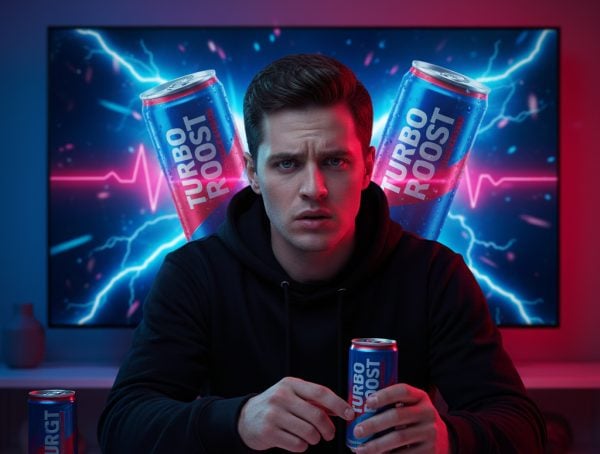
Healthy alternatives and recommendations for parents
Eliminating energy drinks from teens’ diets doesn’t mean there aren’t better options for improving their concentration and performance. In fact, there are natural and healthy ways to stay alert without putting your health at risk.
Natural alternatives for energy
- Adequate hydration: Many times, the tiredness teens feel is not due to a lack of caffeine, but to dehydration. Drinking enough water throughout the day improves concentration and mood.
- Balanced nutrition: A breakfast rich in protein and healthy carbohydrates (such as oatmeal, eggs or plain yogurt) provides sustained energy throughout the day, without the spikes and crashes generated by the sugar in energy drinks.
- Quality sleep: A good night’s rest is still the best source of energy. Reducing screen use before bedtime and maintaining a steady sleep routine helps avoid the need for artificial stimulants.
are there healthy energy drinks?
Some beverages can provide energy without the negative effects of commercial ones.
Options such as coconut water, green tea, smoothies and fresh juices contain electrolytes, antioxidants and natural compounds that promote physical and mental performance without risk.
For those looking for a healthier option, there are homemade and natural alternatives that can provide an energy boost without compromising health.
want to know more about this? Visit our post on healthy energy drinks.

Conclusion
The consumption of energy drinks in young people has become a worrying trend. Many teenagers take them believing that they will improve their performance in studies or sports. But real energy does not come from quick fixes, but from sustainable habits.
For example, in high performance soccer, energy drinks are not the key to improvement. Real progress comes from training with proper guidance, maintaining a balanced diet and ensuring optimal rest, as young people learn at Ertheo’s soccer camps.
If you want your child to have more energy and grow up healthy, good habits make all the difference.



